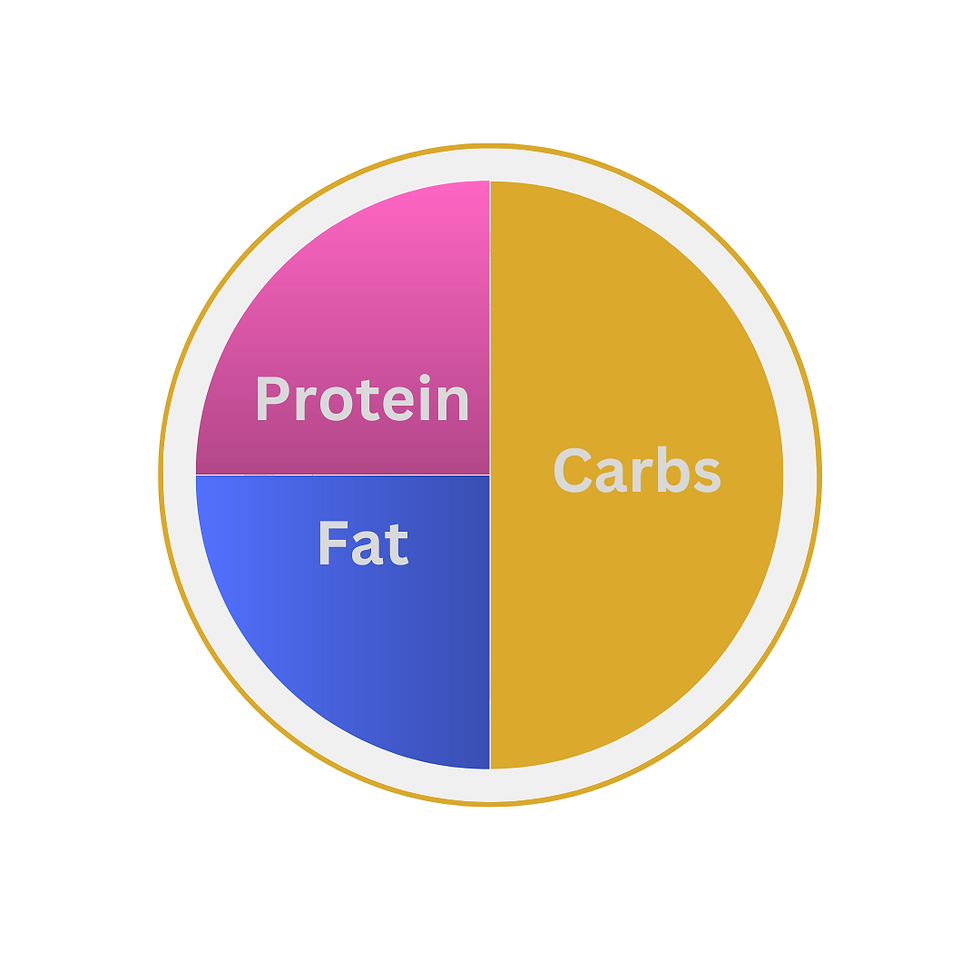Nutrition for Beginner Runners
- SamSportsDietitian

- Feb 21, 2024
- 3 min read
Why Do Beginner Runners Need Nutrition Advice?
When I started exercising I knew nothing about nutrition. There's a lot of bad advice out there.
The fabled 'wall' in running is not a 'psychological wall'. It's nutritional. You can avoid 'the wall' by following this nutrition advice for beginner runners and fuelling correctly.
Here is the advice I wanted when I was starting training properly. Here is nutrition advice beginner runners need.

How to Fuel Properly
Eating is not cheating. You are not gaining any advantage from eating less. It makes your run feel harder, you run slower and get less benefit from your run. You need carbohydrate to fuel your runs properly. I remember once eating some leftover vegetables in the morning to fuel a hard rowing session. I had no energy to complete the session, but didn't realise the issue was nutritional and thought I was unfit or mentally weak. The truth was I hadn't fuelled appropriately. Here's how you can avoid making the same mistakes.
You need carbs before your run.
1 - 4 hours before eat 1 - 4g of carbs per kilo of body weight
If you look at the diagram below you can see low glycogen and blood glucose cause fatigue. Eating more carbs before your session will reduce your fatigue levels throughout your run and allow you to perform better during and after.

So what foods are good sources of carbs to fuel your run properly? Good sources of carbs are pasta, pastries, cereals, bread, potatoes, rice to name a few. Use the nutritional information on the products to calculate how much you should eat.


How to Hydrate Properly
You also want to make sure you are hydrated before your run. Your blood is mostly water and if you are dehydrated your blood is thicker and harder to pump around your body. This will make your run feel harder and make you feel worse after your run.
You can tell if you are hydrated by you urine colour. The darker your urine, the more dehydrated you are. Try drinking 500ml of water an hour before training. If your urine is still dark, or not needing to pee, drink another 500ml.
Exercising will hydrate you slightly during: each broken down sugar molecule releases 6 water molecules. This is one reason you sometimes suddenly need a wee during training. This isn’t enough water to prevent dehydration in long runs though and I suggest you drink during runs to maintain hydration. Especially runs longer than 1 hour.
What should your meals look like?
Your required carb intake is dependent on your body weight and the amount of training you are doing. See the table below.

To achieve this intake you will want carbohydrates with every meal. It is worth taking notice of food packaging to calculate if you are having enough carbs with each meal. If you are feeling lethargic mid-session, fatigued, dizzy, nauseous, it could be a sign your carb stores are empty. If so include more carbs with each meal in the future.
A suggestion on how to structure your meals is below. Half your plate could be wholegrain carbohydrates, one quarter a protein source and the remaining part fat. Obviously this looks different in a meal as ingredients are combined together. In the simplest form make sure there is a decent source of carbohydrates with each meal.

If you have got into running with the aim of completing an event you may find my event nutrition plans useful.
This is very generic advice. I can provide individual advice bespoke to you in a 1-2-1 consultation.








Comments